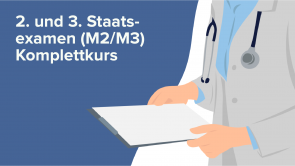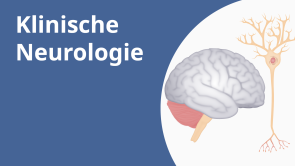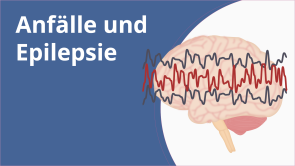Zweiter Anfall: Anamnese und Screening-Formen

Über den Vortrag
Der Vortrag „Zweiter Anfall: Anamnese und Screening-Formen“ von Roy Strowd, MD ist Bestandteil des Kurses „Anfälle und Epilepsie“.
Quiz zum Vortrag
Which statement is the most accurate with respect to the risk of a second seizure?
- After a focal-onset seizure, a patient has a 60% risk of recurrence.
- A generalized seizure has a greater risk of recurrence than a focal-onset seizure.
- Seizures occurring during sleep have a lower risk of recurrence than those occurring while awake.
- After experiencing a nocturnal seizure, a subsequent seizure is most likely to occur during the day.
- Patients experiencing bizarre nocturnal behaviors should be reassured that recurrence is unlikely.
Upon presentation to the ED for a seizure, which test is likely to be deferred to the outpatient setting?
- EEG
- ECG
- Blood work
- Toxicology screening
- Head CT
Which statement is the most accurate with regard to an EEG in an outpatient setting?
- An EEG can determine specific epileptiform patterns and non-specific paroxysmal depolarization shifts.
- Epileptiform discharges do not occur in healthy adults or children.
- Having a neurological disease does not change the likelihood of epileptiform discharges.
- Compared with a single EEG, a serial EEG decreases the diagnostic sensitivity of the study.
- The time elapsed between a seizure and the initial EEG does not impact sensitivity.
Which statement is the most accurate with regard to neuroimaging when diagnosing a seizure?
- All patients with a first-time seizure should undergo a CT or MRI.
- MRI and CT have equal sensitivity in determining the epileptic focus.
- After a first-time seizure, an MRI has almost a 75% success rate in determining the epileptic focus.
- If the CT is negative, a seizure focal point should be ruled out regardless of suspicion.
- Neuroimaging is used to guide treatment options, but it cannot predict recurrence risk.
Which statement is the most accurate when discussing recurrence risk after the first seizure?
- Overall, a patient with a normal MRI has a 40% chance of seizure recurrence.
- An abnormal EEG after the first seizure suggests a 90% chance of recurrence.
- A negative EEG after a seizure suggests a recurrence risk of < 5%.
- An epileptogenic lesion on MRI after the first seizure indicates an 80% risk of recurrence.
- EEG does not predict recurrence risk.
Diese Kurse könnten Sie interessieren
Kundenrezensionen
5,0 von 5 Sternen
| 5 Sterne |
|
5 |
| 4 Sterne |
|
0 |
| 3 Sterne |
|
0 |
| 2 Sterne |
|
0 |
| 1 Stern |
|
0 |






